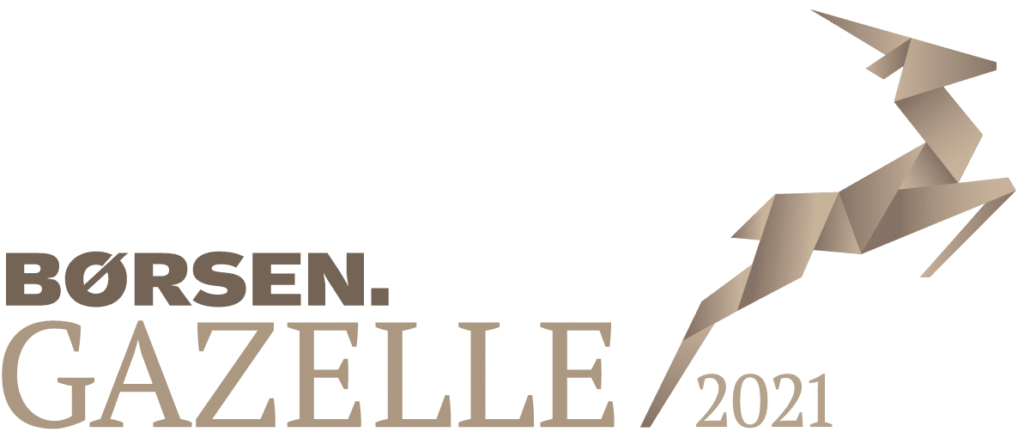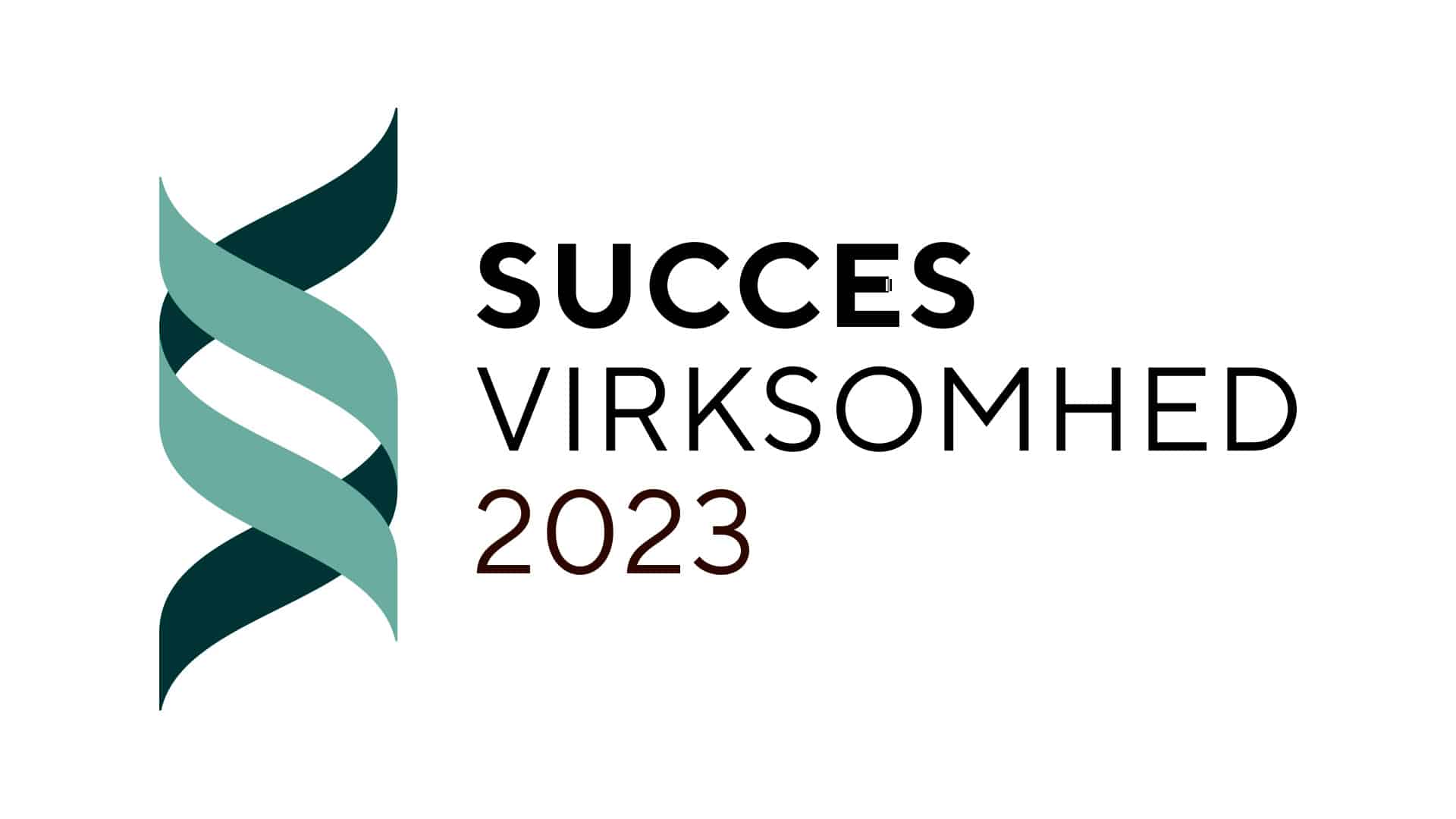Reimbursements for Statutory Sick Leave Payment in Denmark
Navigating the complexities of statutory sick leave payments can be challenging for both employers and employees. In Denmark, specific rules govern the entitlement and disbursement of sick leave payments. It is crucial for employers to notify the municipality through NemRefusion on Virk.dk within specific timeframes to ensure proper processing of sick leave payments.
Understanding these regulations is essential for both parties to ensure compliance and the smooth handling of sick leave payments.
What are the rules for statutory sick leave payment?
Statutory sick leave payment allows an employee to receive sick leave payment for up to 22 weeks within nine full calendar months. Before the end of the 22 weeks, the municipality will re-evaluate the employee’s right to the sickness leave payment and determine if the period should be extended.
To qualify for sick leave payment, the employee must meet the following conditions:
- The employee is unable to work due to their own illness or injury,
- The employee lives in Denmark, or is covered by Danish social security legislation,
- The employee pays Danish tax on their income,
- The employee is employed.
The employee can receive sick pay from either their employer or their municipality. The employee must be absent from work due to their illness for a minimum of 4 hours a week. If the employee is not entitled to, or does not receive, full wage from their employer when they are sick, the employer must pay sick pay to the employee for the first 30 calendar days.
Who receives the statutory sick leave pay - the employer or the employee?
If an employee is not entitled to full wage during sick leave, the employer must pay the employee sick pay for 30 days. These 30 days are known as the employer-period. It is not possible to get reimbursement for this period. For the employee to receive sick pay from their employer in the employer-period, the employee must have:
- Been employed by the concerned employer for at least 8 weeks before the sick leave, and
- Worked for the employer for at least 74 hours in these last 8 weeks.
After the employer-period, if the employer continues to pay sick pay or wages to the employee, the employer has the right to reimbursement from the employee’s municipality.
If the employee has been employed for less than 8 weeks the employer period lapses and the employer has the right to reimbursement from the first day.
The reimbursement corresponds to the amount the employee would have received from their municipality. In 2024, this is a maximum of 4,550 DKK per week and a maximum of 126.89 DKK per hour. This means that if the employee, by their contract or if covered by the Act for Salaried Employees or a collective agreement, is entitled to full wages during their sick leave, the employer will have to cover the rest.
If the employee is entitled to full wages during sick leave, either by the Act of Salaried Employees, their contract, or a collective agreement, the employer must pay their full wage while on sick leave. The employer is entitled to receive the amount of sickness benefit the employee would have received from the municipality. Therefore, if the reimbursement is not enough to cover the employee’s wage, the cost difference is the employer’s responsibility.
Who is responsible for the application, the employee or employer?
If the employee is sick for a period longer than the employer-period, and the employer has been paying sickness benefit to the employee, the employer will have to notify the employee’s municipality. This notification must be done within 1 week from the day the employer stops paying sickness benefit. This notification must be done through NemRefusion on Virk.dk.
If the employer pays the employee wage while on sick leave, the employer must still notify the employee’s municipality. This must be done within 5 weeks after the first sick leave day if the leave is longer than the employer-period.
Get the Crossbord® Solution
* By checking GDPR Consent, you agree to let us store the information you provided in our system. You can always contact us to permanently remove your data.



 ® – 2024. All rights reserved. Crossbord
® – 2024. All rights reserved. Crossbord